The Institute for Systems Biology (ISB) and NED Biosystems (NED) will collaborate on an intriguing clinical trial that aims to use a cocktail of several marketed medications at low doses to reverse cancer’s onset or regrowth. Leroy Hood, MD, PhD, co-founder of ISB and Rebecca Lambert, founder and CEO of NED Biosystems, announced the deal at the end of October.
The Phase 1b/2 clinical trial will use NED-170, which was designed as a systems biology approach. The regimen combines repurposed, marketed drugs, and nutraceuticals that are documented to affect critical cancer disease-driver processes in people. It employs smaller doses in an effort to avoid toxicity and side effects.
“NED is a totally new type of therapy,” says Sui Huang, MD, PhD, an ISB professor. “We are pioneering a systems biology approach to cancer.”
The trial will use multi-dimensional monitoring of the tissue surrounding tumors using a blood test that employs the latest ultra-sensitive, hyper-personalized, proteomics technologies. This approach can measure traces of more than 3,000 distinct proteins at once that reveal many processes in the tumor tissue, thereby offering evidence about which of the individual agents in NED-170 will be useful for a particular patient.
“We use the Olink technology for proteomics, which changes everything,” says Huang, “With our omics expertise and these tools we can provide a truly systems view of what’s happening in patients.”
NED-170 was evaluated pre-clinically for tolerability and efficacy using a murine xenograft model. The company also has a compassionate expanded access program for patients with advanced tumors who either seek alternatives to standard-of-care (SOC) chemotherapy or whose tumors have progressed through available SOC options.
“A systems biology approach is paramount—NED-170 is the multi-pronged treatment required to subvert cancer’s complex system,” says Hood.
The trial is designed to treat patients undergoing standard of care who lack an option for targeted therapy based on tumor genome sequencing. It will cover three indications representing large unmet needs: cholangiocarcinoma, triple negative breast cancer, and ovarian cancer.
NED is initially targeting the 50% to 80% of cancer patients whose tumors do not carry mutations for targeted therapy. Based on observational data, NED believes its systems treatment, when combined with standard of care therapies, may afford patients extended survival and enhanced quality of life.
The data collected from NED’s initial trial and follow-on clinical trials will serve to develop a database for ISB’s large study utilizing proteomics and NED-170 to optimize the systems approach for suppression of cancer progression based on driver processes in subclasses of patients.
High-dimensional profiling of a patient’s blood biochemistry baseline, the team says, can provide information about how the tumor bed is preparing for outgrowth before a the cancer is clinically detectable, which can be a different process in different patients. It can also tell precisely which biological processes a particular tumor relies on most to (re)grow in a given patient. NED believes uncommon quality of life improvements (and cost savings) may be achieved when a cancer patient is treated with evidence-based agents efficacious against key pathways even at low doses.
“By moderating multiple cancer progressing pathways and cancer stem cells at once, NED-170 affords a comprehensive systems approach never before available to cancer patients,” says Lambert. “The comprehensive blood profiling utilized to measure NED-170’s impact on pathways advances a personalized measurement of each patient’s unique cancer signature.”
About Inside Precision Medicine
Inside Precision Medicine is the leading source of practical insights for pathologists, clinicians, researchers, and scientists working to translate important findings across the broad range of “omics” technologies to deliver on the promise of molecular and precision medicine for patients.
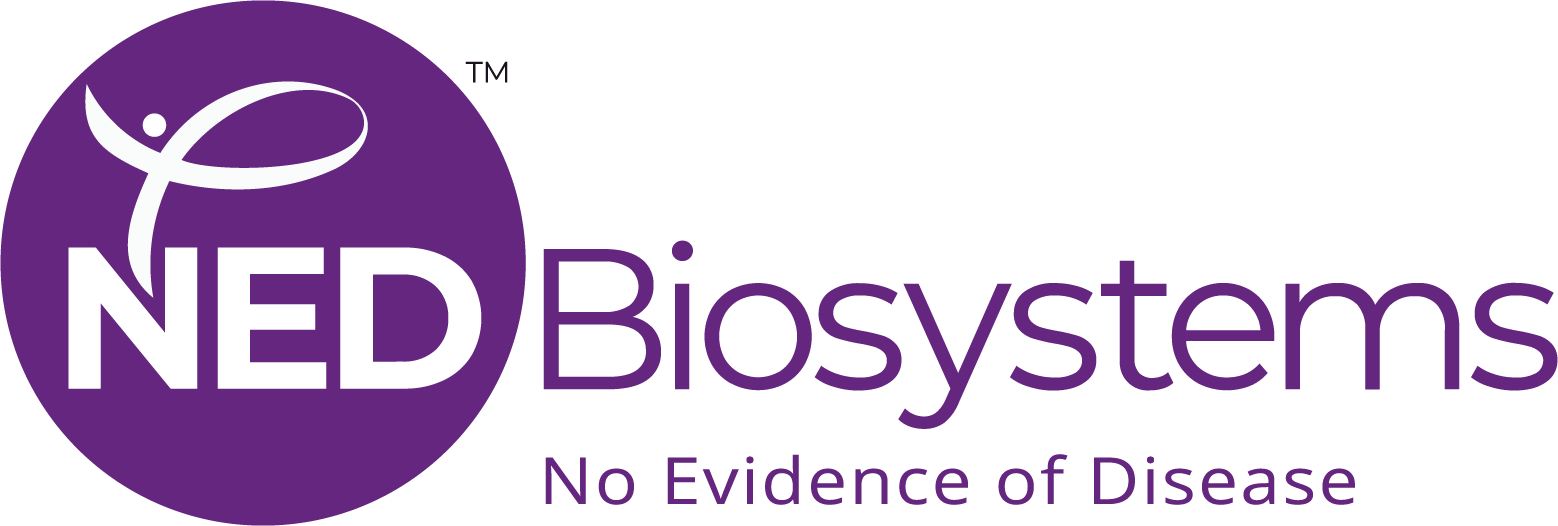
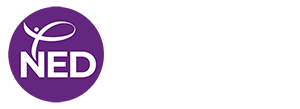
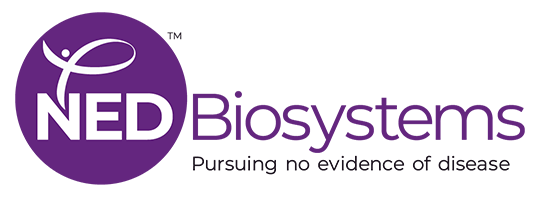
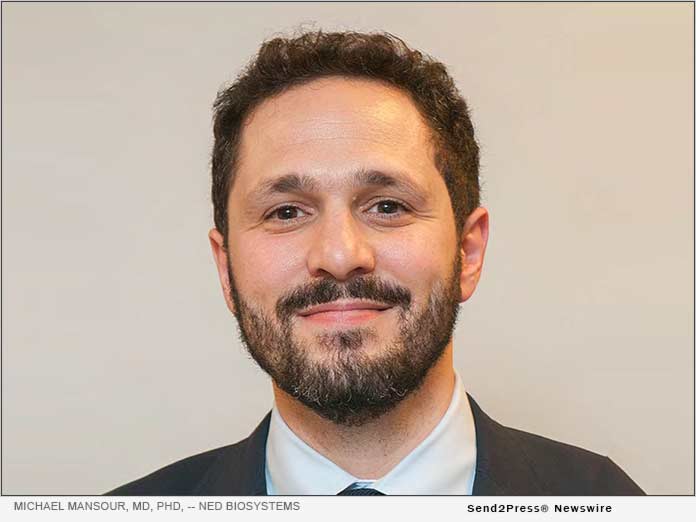 As Medical Advisor, Dr. Mansour will direct NED’s clinical trial initiative for NED-260 to establish the treatment’s safety and efficacy for COVID-19 patients. NED-260 is a rationally designed, combination treatment that has the potential to address COVID-19 viral replication and entry based on its multiple mechanisms of action. Through its multifaceted approach to address major processes integral to COVID-19’s progression and how it infects the cell, NED-260 may fulfill a critically important niche in the treatment and prevention of mild-to-moderate illness in the majority of people who are at risk for COVID-19 infection. NED is planning to conduct a Phase 2, randomized, placebo-controlled study of NED-260 in mild-to-moderate COVID-19 patients.*
As Medical Advisor, Dr. Mansour will direct NED’s clinical trial initiative for NED-260 to establish the treatment’s safety and efficacy for COVID-19 patients. NED-260 is a rationally designed, combination treatment that has the potential to address COVID-19 viral replication and entry based on its multiple mechanisms of action. Through its multifaceted approach to address major processes integral to COVID-19’s progression and how it infects the cell, NED-260 may fulfill a critically important niche in the treatment and prevention of mild-to-moderate illness in the majority of people who are at risk for COVID-19 infection. NED is planning to conduct a Phase 2, randomized, placebo-controlled study of NED-260 in mild-to-moderate COVID-19 patients.*